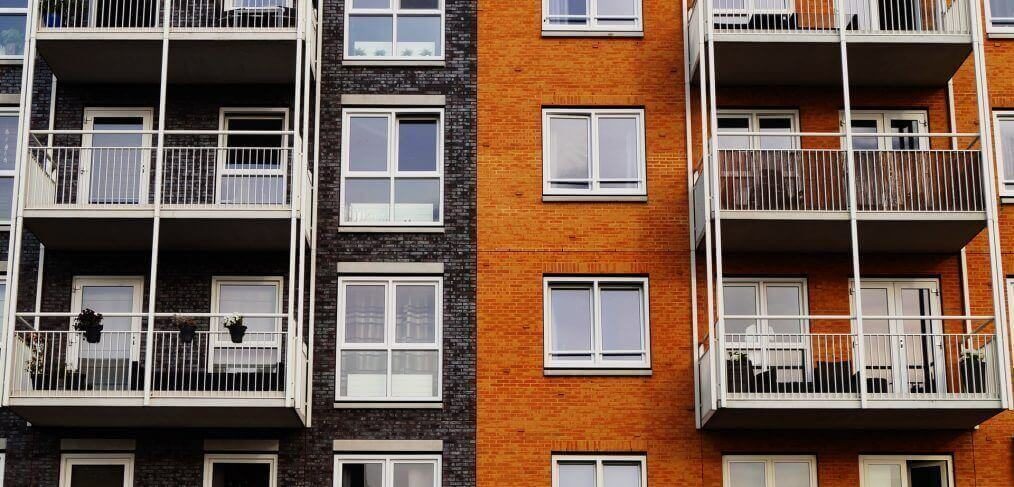The pandemic has undoubtably affected everything…literally. Multifamily apartment investors are not immune. Tremendous uncertainty remains on how the multifamily apartment market will play out over the next couple of quarters. In this series, I’ll highlight six considerations every apartment investor can practice right now to help positively effective their business.
Rent Collections
Here are 6 options we use to make sure rents are collected and our apartment business stays afloat.
- Offer discounted rent to those who pay rent on-time or early
- Offer a repayment or deferred plan
- Allow residents to apply security deposit to rent
- Use federal or local programs created for landlords and renters
- Ask residents to pay rent with a credit card
- Reduce rents to breakeven
Investor Relations
Our plan is to strike a balance between providing a continually updated assessment of the impact and measured guidance. During this time of uncertainty, conveying long-term confidence and resilience is our reassurance to investors that management has the situation at hand and as leadership we are capable of navigating challenging circumstances. Transparency regarding any short-term difficulties regarding operational risks, financial shortfalls, market changes, etc., are openly communicated, but not without well thought out solutions to go along with. It is important to reinforce our business message that our investment philosophy is based on sound fundamentals which will support short term stability, eventual recovery, and deliver long-term value.
Tenant Relations
There should be no shortage of communication when it comes to tenants a.k.a. customers. We practice a “speaking early, often and directly” approach. Speak early by notifying tenants of any programs, initiatives, safety concerns, or relief we know of that can help or protect them. Being a reliable source of information builds trust, respect, loyalty and reciprocity. The environment on a macro (national level) and a micro (property level) changes daily, communicating important news and developments that are the most important to tenants is paramount. It should be a priority of owners to provide tenants as much relief as possible and empathize with the situation tenants are in instead of going radio silent or being fearful of doing something wrong. Having a system of communication adds speed and efficiency. Having direct access to tenants, rather email or phone, and speaking to them personally and professionally goes a long way in establishing strong tenant-landlord relations. Not only you communicating to them, but you inviting them to communicate with you. Using a dedicated email, hotline number, online chat, etc., where tenants can immediately contact staff and get a timely reply enhances credibility.
Team Work
In my business of apartment syndication, I’ve read several articles and reports regarding operating a multifamily apartment business amid this pandemic. Most focus on the financials, investors and the market. One aspect I don’t see a lot of focus on is the general partnership team. GP’s are under tremendous pressure to perform, lead and protect their reputation. GP’s should make sure they are communicating with one another on the daily basis-this could be in person, virtually, email, company portal, Slack, or other. Provide one another timely information that allows the team to be both effectively proactive and reactive. Be succinct and as transparent as possible with team members. Explain what you know, what you don’t know, and divulge your information sources. Bring in advisors and experts in areas of unmet concern. Fine tune or reassign delegated responsibilities to support the current environment. The point is, organize yourselves as a crisis response team rather than a general partnership and act accordingly.
Managing A Crisis
The point of developing a crisis management plan is to think through any difficult decisions and map out, to the best of your ability, the necessary tasks, communications and information that will help make managing a crisis easier and more efficient. Here’s a template to help create a plan of action now and in the future.
- Risk assessment: list all threats, vulnerabilities, scenarios that can have a negative impact.
- Identify contingencies: discovered your risks, now identify actions that will help to respond effectively to each one.
- Build the plan: mapped your responses, flesh out the plans with relevant team members
- Familiarize: ensure everyone knows the plan, can respond confidently, has access to any needed info, and fully understands their role.
- Action: take action executing the plan and revisit it frequently as changes will occur.
There’s a business impact analysis template at ready.gov/business-impact-analysis for more detailed help.
Mindset
The coronavirus has changed the way we live our daily lives as real estate investors. Whether you’ve decided to be on defense (bolstering your cash reserves, tapping into lines of credit, working with unpaying tenants, etc) or on offense (lining up cash for buying opportunities, looking for great deals, making conservative offers, etc), as an investor in real estate your mindset should be one of hopefulness and confidence, now and for the future. In every failure there is a seed of success waiting to grow. Now is the time to increase strengths and forget weaknesses. Push outside of your comfort zone and manage your fear. Surround yourself with likeminded, supportive people. Find something bigger than yourself to keep you on track (Your WHY). Study and understand the numbers of this business. Eliminate self-doubt and self-limiting beliefs. Bet on yourself and have the confidence to go all in.
Are you interested in learning more about creating turnkey passive income and generational wealth through multifamily apartment investing? Visit www.syndicationcapital.net for free information, guides and resources that will help you get started.


